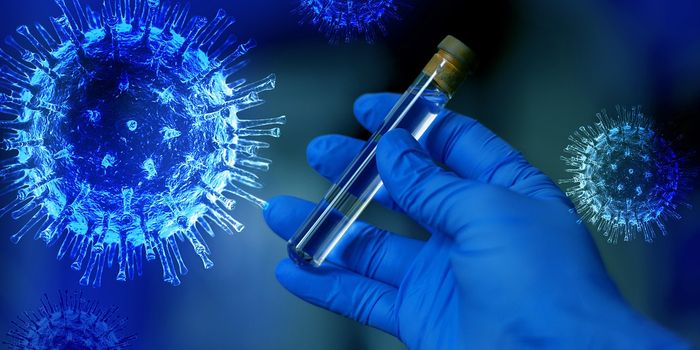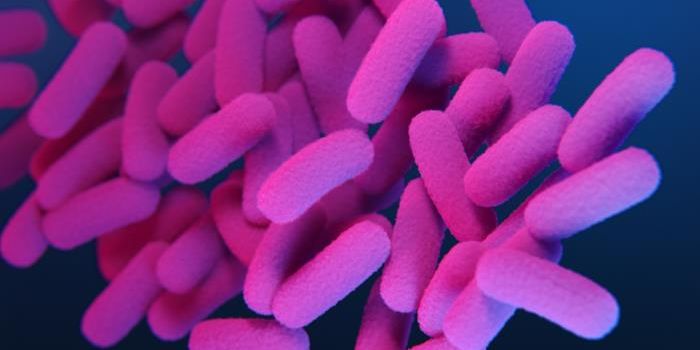Some tumor cells in patients with non-small-cell lung cancer (NSCLC) express programmed death ligand 1 (PD-L1) that binds to its receptor (PD-1) which is expressed by immune cells. This interaction inhibits T cells’ ability to attack cancerous cells, allowing the tumor to grow unimpeded (
Oncology). In attempt to block this inhibition, scientists are developing an immunotherapy that targets PD-1 and allows T cells to properly fight off growing cancer cells.
From the University of California, Los Angeles, researchers studied a group of patients with NSCLC to see how PD-1 immunotherapy compares with traditional chemotherapy. Out of over a thousand participants, 75 percent had at least one percent of PD-L1 expressed by their tumor cells. The study results, which were published in
The Lancet, showed groups of NSCLC patients receiving the PD-1 immunotherapy both experienced significant tumor shrinkage and lived longer than the patients who received chemotherapy.
"For most patients, this now offers data showing that immunotherapy leads to superior clinical outcomes with a side effect profile that is generally favorable to our traditional therapies," said Dr. Edward Garon, senior author of the paper.
Indeed, PD-1 immunotherapy utilizes the antibody pembrolizumab, which is significantly less toxic to cancer patients than chemicals used in chemotherapy.
NSCLC like squamous cell carcinoma, adenocarcinoma, and large cell carcinoma are the most common types of lung cancer, making up 85 percent of all cases of lung cancer (
American Cancer Society). Lung cancer is the leading cause of cancer death.
"This treatment provides real hope of long-lasting responses," Garon added.
For more about lung cancer, watch the following video.
Source:
University of California, Los Angeles









